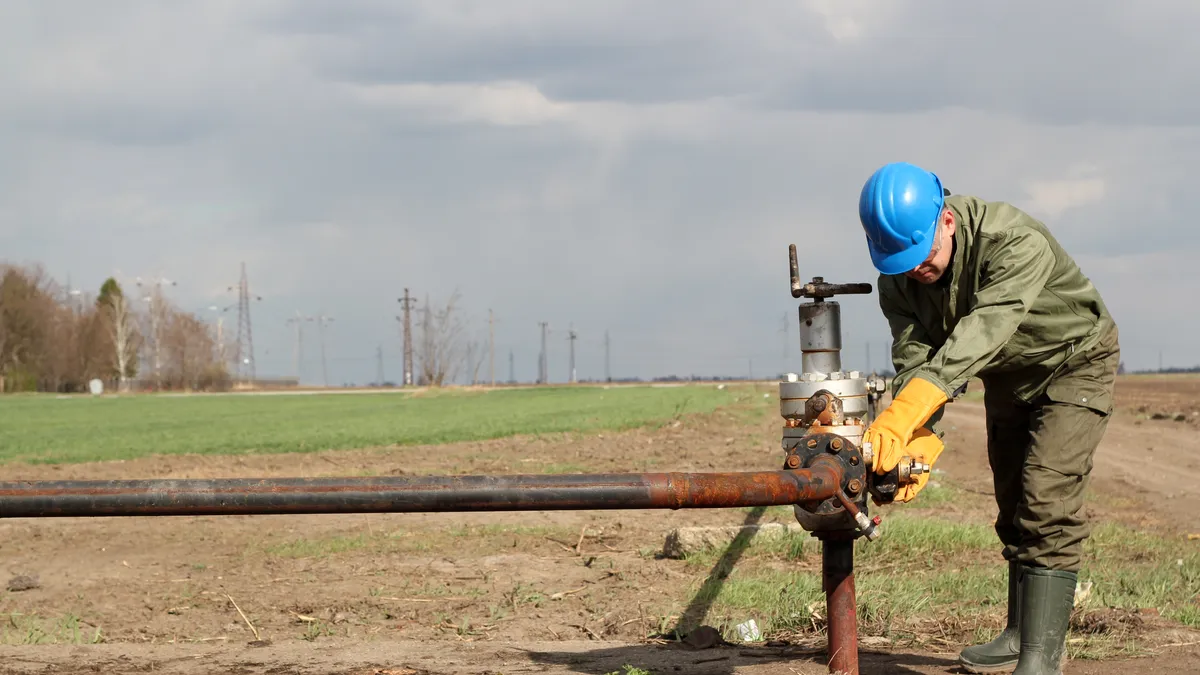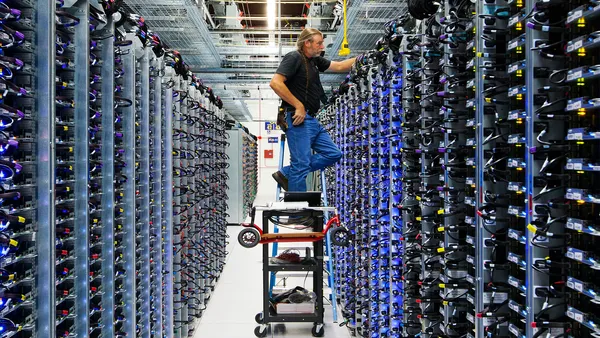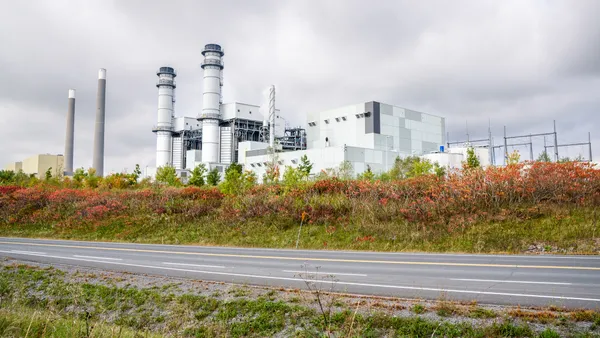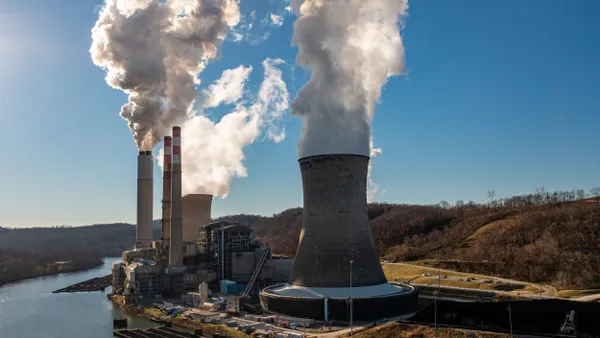Dive Brief:
- Eversource Energy has filed with regulators in New Hampshire to invest in the proposed Northeast Access pipeline, which it is developing alongside Spectra Energy and National Grid, and pass the costs on to electric ratepayers. The company's filing mirrors a similar request it made in Massachusetts last month, the Concord Monitor reports.
- It is the first time New Hampshire has taken on the question of electric utility investment in gas infrastructure, and the Concord Monitor reports it comes as legislators are considering House Bill 1101, which would prevent utilities from passing on gas investment costs through electric rates or other tariffs.
- The measure's summary describes it as an act "prohibiting charges to New Hampshire residents for the construction of high pressure gas pipelines."
Dive Insight:
Many states are beginning to face questions over whether electric utilities should be allowed to pass on investments in gas reserves or infrastructure, and now the battle moves to New Hampshire where the House of Representatives is considering a law to ban just that.
Rep. Eric Eastman (R) sponsored HB 1101, currently in the Ways and Means committee. Its passage could impact both the Access Northeast project as well as the Northeast Energy Direct. The measure states:
"No tariff, tax, or fee, including any fee levied by a gas or electric utility upon ratepayers, may be levied upon any state resident for the purpose of constructing a high pressure gas pipeline that connects to a liquefied natural gas export terminal or to a pipeline that connects directly or indirectly to a liquefied natural gas export terminal."
The Access Northeast project would expand natural gas access in New England by up to 1 Bcf/d. Project backers say that it will save electric customers an average of $1 billion a year during normal weather conditions. The Concord Monitor reports Eversource told regulators its participation could benefit New Hampshire customers to the tune of $140 million to $270 million annually.
The Northeast Energy Direct project developers say their system could save the region more than $2 billion each year.














